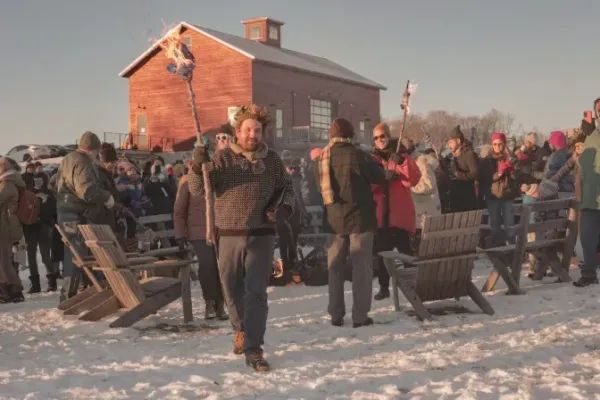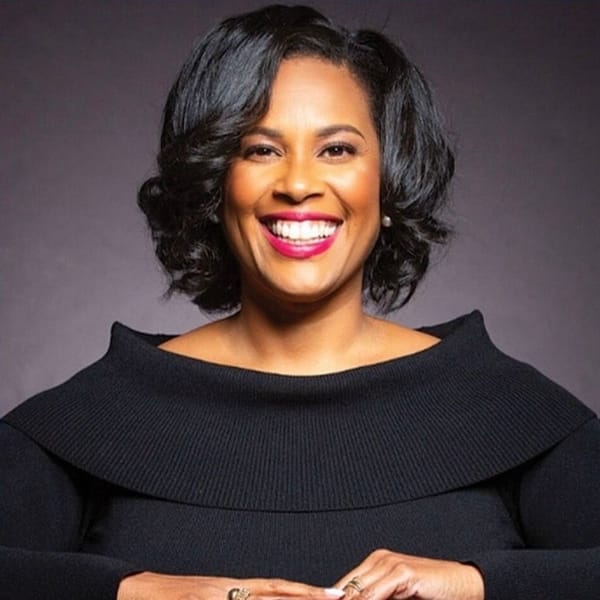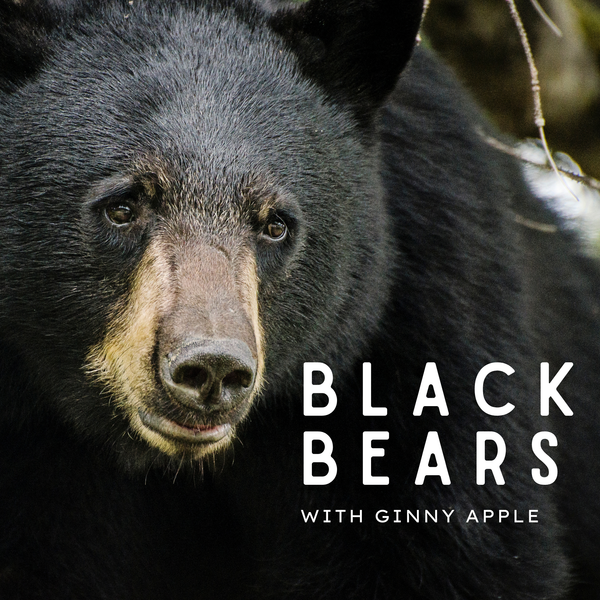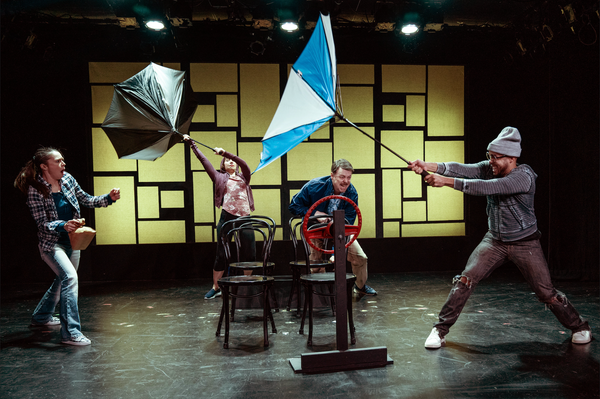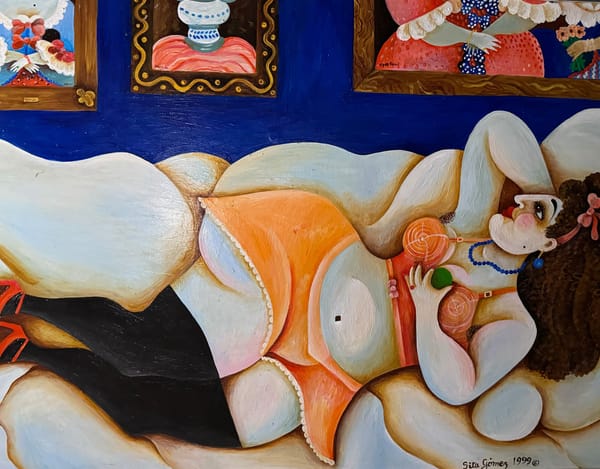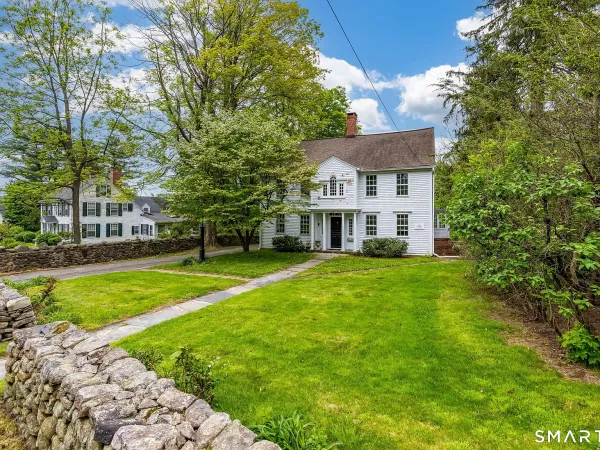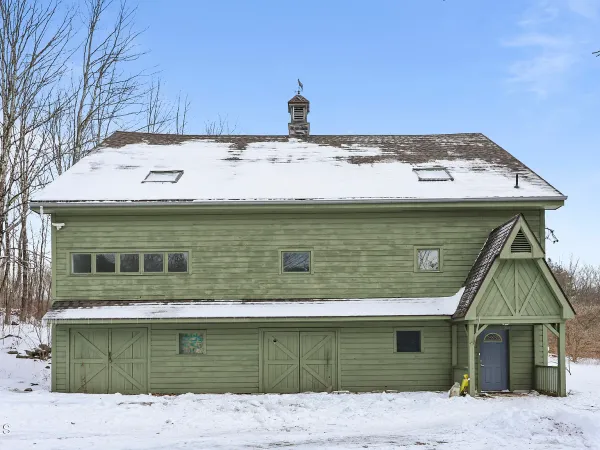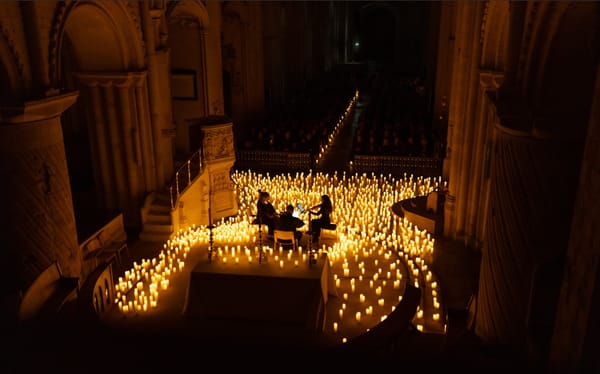The Rural We: Arobi Hanif
Is Bollywood dance as fun to do as it is to watch? Arobi Hanif offers a chance to find out.

Is Bollywood dance as fun to do as it is to watch? Arobi Hanif offers a chance to find out.
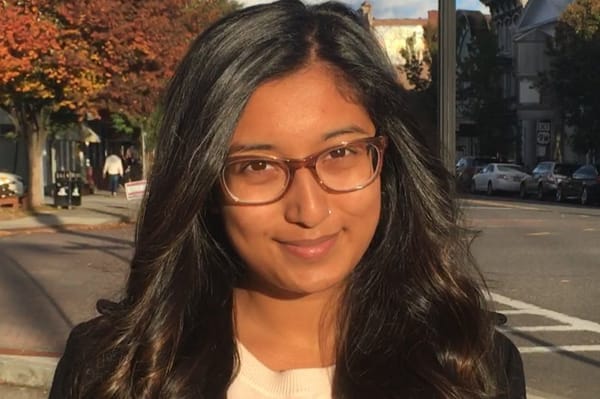
Born and raised in Queens, Arobi Hanif came to the Hudson Valley to attend Bard, where she majored in political science. After graduating in 2018, she wanted to stay in the area, and took a position as program coordinator at Tivoli Free Library. One of the programs she’s coordinating, in collaboration with a a couple of other area libraries, is her own: For the next three weeks, she will be teaching an introductory Bollywood dance workshop series via Zoom. Here, the Red Hook resident tells us about her background in Indian dance, and what she’ll be teaching in the “Let’s Dance Bollywood” series on Fridays, May 14-28 from 6-7 p.m.
I’ve always been a dancer. I grew up watching Bollywood movies and always had that exposure. When I was really young, my mom put me in Kathak, one of the forms of Indian classical dance. I did that for two years. The dancing happened naturally — I found myself dancing to songs. Bollywood dancing isn’t very formal; it’s a modernization of all classical Indian dance forms, always very colorful and dramatic. A lot of dancers are mostly self taught, which I am. There’s a huge culture around dance in India and South Asia. South Asians are there to dance it up; we always dance at weddings and parties. Bollywood turned that dance into actual choreography.
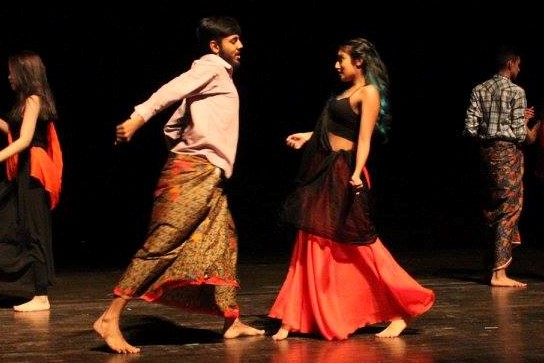
In high school I would perform at talent shows and cultural shows in the community, and started doing my own choreography. There was a Bollywood dance club at Bard, and after two years I was the lead of it.
Because I program at the library, I thought it would be a great idea to have a Bollywood class — it’s not something you find on the regular series. We start with an intro to basic Bollywood. I pick three popular songs that almost all South Asians know, and create simple choreography that uses a lot of Bollywood moves. Every session we’ll learn choreography to a different song.
I started teaching it last summer. Now people come in and ask for the class by name. I feel very honored. It’s a great way to showcase a culture that isn’t represented in this community. For people to actually want to engage in something that’s such a big part of Indian culture is great.
